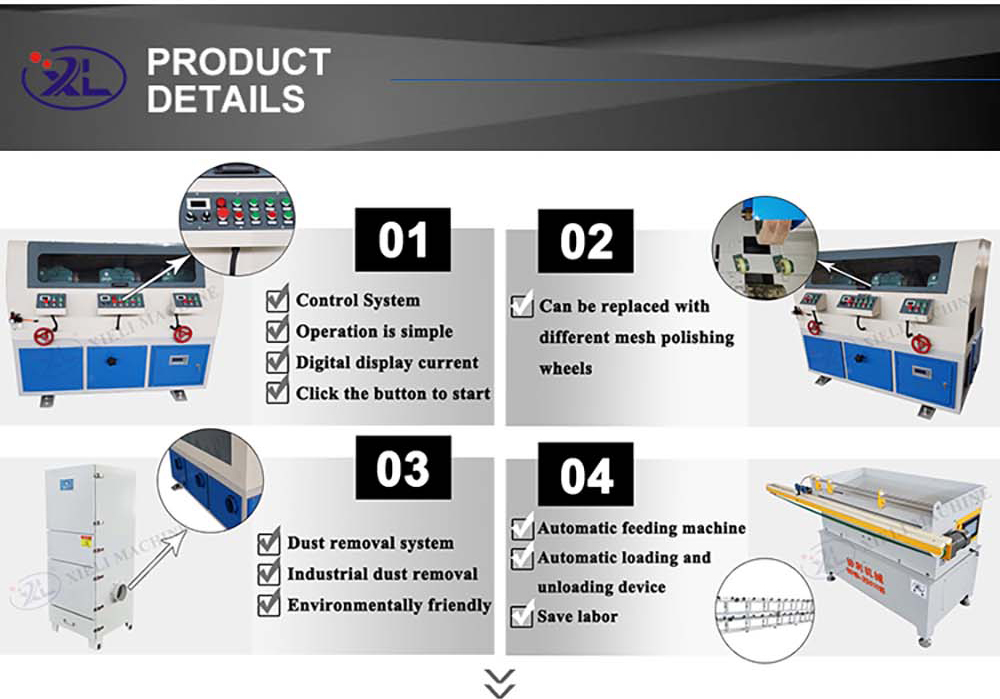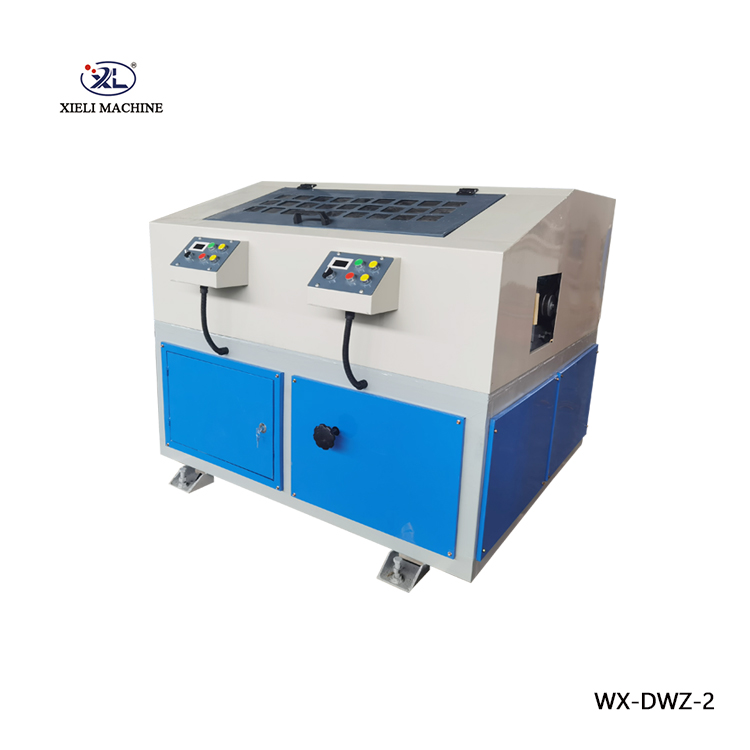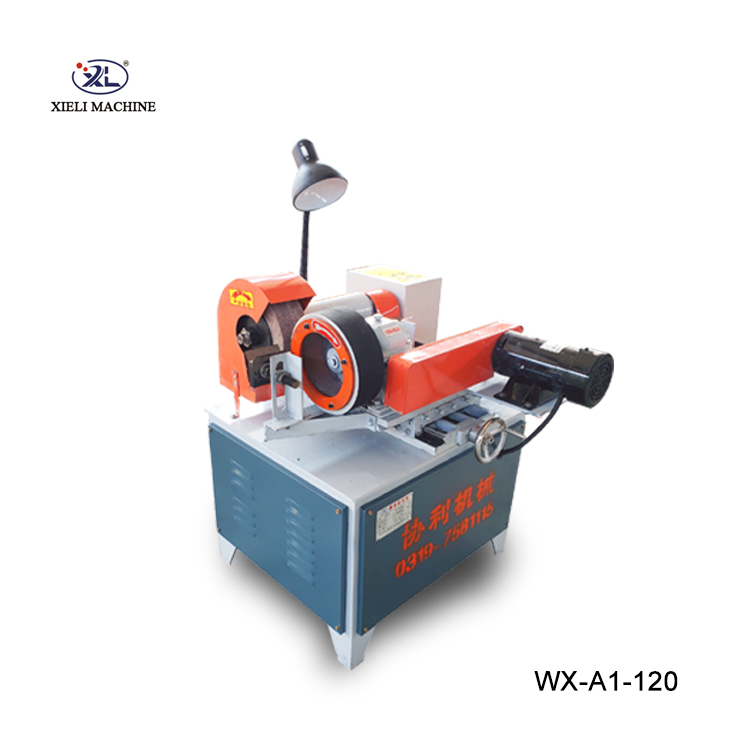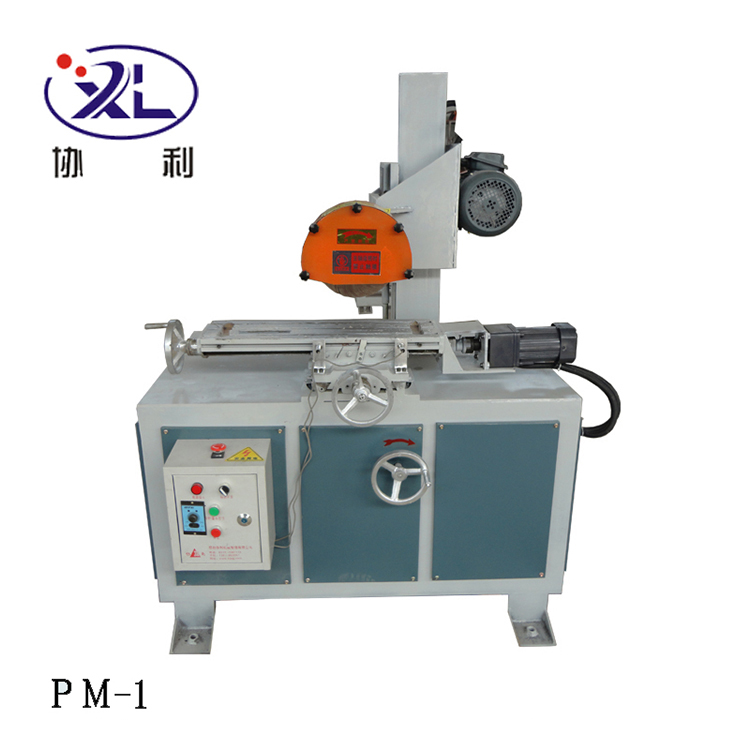Understanding the Factors Influencing the Price of Centerless Grinding Machines

When it comes to the realm of precision machining, centerless grinding machines command a special position due to their efficiency and versatility in handling various materials without the need for centering. These machines are pivotal in industries where high precision and surface finish are paramount. However, the cost of acquiring such a machine is a significant consideration for businesses, whether they are small workshops or large manufacturing firms. Understanding the elements that influence the pricing of centerless grinding machines can guide potential buyers in making informed decisions.
Primarily,
the price of a centerless grinding machine is determined by its capacity and precision. Machines that offer advanced features, such as high-speed spindles, superior material handling capabilities, and automated systems, typically come with a higher price tag. For instance, machines designed to function at exceptional speeds while maintaining precision often involve superior engineering and materials, which escalate their cost. Moreover, manufacturers that supply machines with a wide range of applications, from grinding simple cylinders to complex shapes, cater to a broader market, impacting their pricing structure.

Another crucial factor impacting the cost is the brand reputation and the country of manufacture. Machines produced by renowned companies, known for their technological advancement and reliability, are often priced higher due to the credibility and trust associated with their products. These companies have established their brands over years of innovation and quality service, and their machines reflect the cumulative expertise and research invested. On the other hand, machines manufactured in countries with lower production costs might be cheaper but may lack the precision, durability, and after-sales support provided by leading brands.
The incorporation of technology and automation plays a significant role in influencing the price. Modern centerless grinding machines are equipped with sophisticated software systems that allow for automation and process optimization. Features such as CNC controls, IoT integration for predictive maintenance, and features enabling remote operation expand machine capabilities significantly. These technological advancements ensure not only precision and efficiency but also minimal downtime, making them a worthwhile investment. Consequently, the complexity and extent of these technological integrations drive up the cost.
centerless grinding machine price
Furthermore, the after-sales support and warranty offered with the machine purchase are pivotal in determining the overall price. Brands that provide extensive warranty periods, comprehensive maintenance programs, and readily available technical support typically charge a premium. This is because they guarantee reliability and peace of mind for the purchaser, ensuring long-term functionality and performance of the equipment. Such support systems are crucial for minimizing potential downtime and loss of productivity due to machine errors or breakdowns.
Customization also contributes to the cost variation among centerless grinding machines. Businesses often need machines tailored to specific operational requirements, which might include custom dies, unique processing capabilities, or specific software integrations. Customizing a machine to meet particular needs involves additional engineering, design, and sometimes, entirely novel solutions to meet the precise specifications required by the user. Therefore, flexibility in customization options offered by a manufacturer can significantly heighten the base price of the machinery.
Additionally, compliance with industry standards and safety regulations can influence pricing. Machines that adhere strictly to international standards and include advanced safety features are often more costly. Compliance ensures that the machines meet specific operational safety and quality guidelines, which are critical, especially in sensitive industries like aerospace or medical device manufacturing.
Lastly, the economic conditions and market demand also play a role in pricing. In times of high demand and constrained supply, prices naturally tend to rise. Conversely, when the market is saturated or in economic downturns, prices may lower in response to reduced industrial activity. Therefore, keeping abreast with market trends and economic forecasts can provide strategic insights into when to invest in new equipment.
In conclusion, the price of a centerless grinding machine is shaped by a multitude of intricate factors including machine capacity, technological integrations, brand reputation, customization capabilities, compliance with standards, and prevailing economic conditions. Businesses should assess their specific needs against these facets to not only identify the machine that offers the best value for money but also to enhance their operational capabilities sustainably. Armed with the knowledge of these price determinants, potential buyers can navigate the marketplace with confidence and make informed investment decisions that align with their strategic objectives.
For More Details Pls Contact Us
Fiberglass Reinforced Plastic (FRP), also known as fiber-reinforced plastic, is a composite material widely used across various industries.







